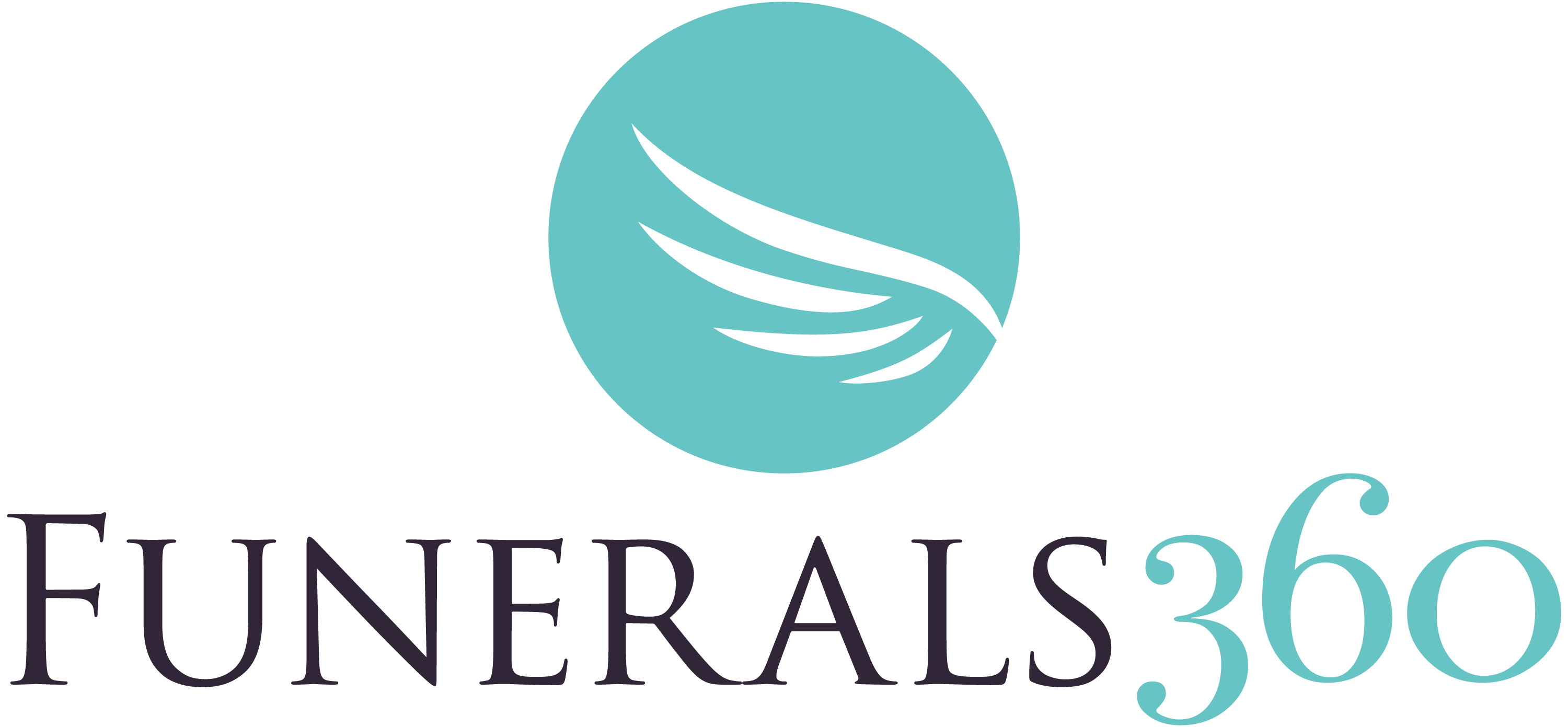By Justine Coyne, Reporter for Pittsburgh Business Times
When Pete McQuillin’s father-in-law passed away in December 2011 in Virginia, he received direct cremation estimates from local funeral directors that averaged $4,000 to $5,000.
Thinking the price was too high, he went online and found a direct cremation service that bypassed the need for using a funeral home and saved him nearly $3,800.
Pete McQuillin, owner, Penn Forest Natural Burial Park, found a cremation service for his in-law online
“They come, they pick him up, they cremate him and then mail you the remains,” said McQuillin, owner of Penn Forest Natural Burial Park in Oakmont. “When I tell funeral directors here about this, their jaws drop. They’ve never heard of it.”
Now, with the Internet revolutionizing the way consumers gather information and make purchases, afterlife planning is just a mouse-click away.
“Online shopping and information gathering has moved from industry to industry, and the funeral industry is probably one of the last to catch up,” said Mike Regina, founder and CEO of FuneralDecisions.com and CremationDecisions.com, based in New York City. Regina combined his educational background in online marketing with experience he gained working at the Peters Township cemetery his family owned to launch FuneralDecisions in 2008.
Visitors to the site fill out a short form with their location and type of service they are looking for that is then sent to providers that match the criteria. Providers then send estimates directly to the customer.
“The term ‘funeral home’ is searched for online an average of 16 million times every month; obviously people are turning to the Internet for information,” said Mike Belsito, co-founder and CEO of [defunct] eFuneral, an online platform that allows consumers to read reviews and compare prices among funeral homes, and one among several startups that are forming a cottage industry around providing funeral and cremation information online.
Based in Cleveland, Belsito and Lead Developer Bryan Chaikin launched their Yelp-like service for funeral planning in February 2012, after Belsito’s cousin passed away suddenly the previous year.
“There were a dozen funeral homes in the area where my cousin lived,” he said. “The question wasn’t where is a funeral home, but which funeral home is best.”
Belsito said his father mentioned using Angie’s List to find contractors and asked him if there was a similar service for funeral homes. He turned to the Internet to help the family make a decision, but the resources just weren’t available.
While the Federal Trade Commissions’ Funeral Rule of 1984 requires all funeral homes to provide a written price list with itemized fees, it doesn’t mean the information can be found online.
“We couldn’t really find more than a phone number for most funeral homes,” Belsito said. “Families are using the Internet, yet there are a lot of funeral homes that are not embracing the resource.”
Rachel Zeldin, founder and CEO of www.imsorrytohear.com (now Funerals360), based outside of Philadelphia, said she found that less than half of the funeral homes she has contacted even have a website.
“Overall, the industry has been slow to adapt to a changing marketplace,” she said.
Zeldin, who describes her site as “the TripAdvisor of funeral planning,” is hoping to add a social element to funeral planning. Still in its beta phase since its October launch, the website serves Pennsylvania, New Jersey and Delaware.
Like Belsito, Zeldin had the idea for her site after having difficulty finding information readily available online following the death of her great uncle.
“Planning a funeral is too important; the decisions should not be based exclusively on location and cost,” Zeldin said.
For many, their funeral is one of the most expensive purchases throughout their lifetime. Belsito said with nearly two-thirds of funerals planned immediately after the death occurs, it is critical to have information readily available.
Regina said his site may have launched too early for the industry, but in the past two years, he has seen an influx of consumers, and now funeral directors are realizing the online potential for reaching them. He said the stigma that was attached to online funeral planning is fading fast.
“When you think about it, it’s very similar to the wedding market; it’s just a different part of the life cycle,” he said.
While the site may reduce the time spent meeting face to face, Regina said he feels it is still important that the family and funeral director have a direct relationship.
“The consumer needs to make the right decision for them,” he said. “The problem with having a middle man involved in that interaction is that it forces a consumer to make a decision based on price alone.”
Joe Marsaglia, dean of students at the Pittsburgh Mortuary Institute, said he thinks the increase in technology is good for business.
“I think this benefits both customers and funeral directors,” he said. “It gives families the opportunity to shop around, and allows funeral directors to reach more people.”
Belsito said he believes using the Internet to plan a funeral can make the experience even more personal.
“Now, people have access to this information from the comfort and low-pressure environment of their own home,” he said.






